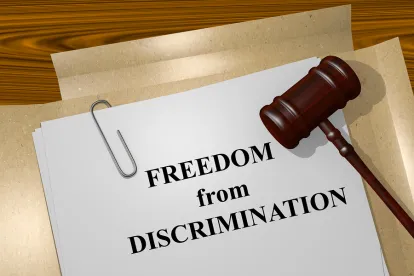The U.S. Equal Employment Opportunity Commission’s (“EEOC”) broad-ranging jurisdiction covers, in short, claims of age, disability, equal pay, gender/pregnancy, genetic information, national/ethnic origin, race/color, and religious/creed discrimination. The EEOC typically sends notice of a charge of discrimination and requests a response, but can exercise subpoena power to enforce requests for information. When an employer receives a charge of employment discrimination, what should you do?
The five steps outlined below are designed to help you respond to the charge of discrimination effectively.
1. Promptly contact legal counsel with whom you work on employment matters. Legal counsel may have specific ideas for next steps, overall strategy, and priorities, based on your company’s culture or the particular facts of a charge.
2. Promptly notify any applicable insurance carrier. Coverage may be available through employment practices liability insurance (“EPLI”). General commercial policies may also be of some assistance. Check the charge to see if any individuals are named as respondents so the insurer can be informed. You may need to discuss this with counsel. Individuals can be held liable, depending on the jurisdiction or statute involved.
3. Notify applicable personnel to preserve documents as soon as possible. Be sure they understand the need to carefully save any and all pertinent documents (emails, text messages, hard copy items – everything - even calendar entries and sticky notes). Destroying or deleting documents can land your organization in severe legal difficulties.
4. Notify individuals in the chain of command that any proposed discipline or other negative job action toward the person who filed the charge should be discussed with you prior to any action being taken against them. Adverse actions based upon an employee’s decision to file a charge of discrimination are prohibited by law.
5. Prepare an effective and accurate response to the charge.




 />i
/>i

